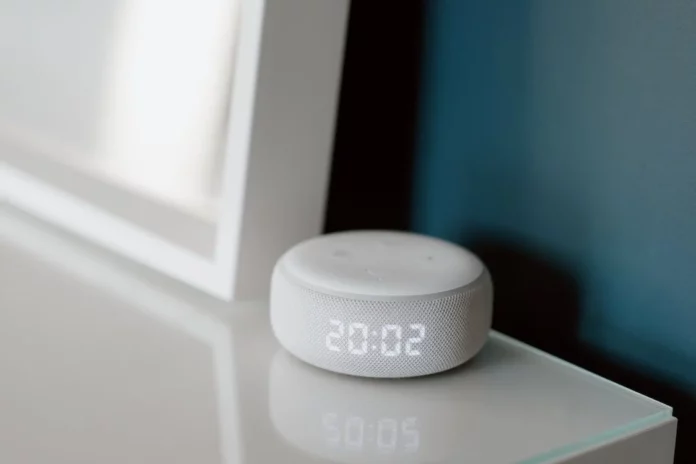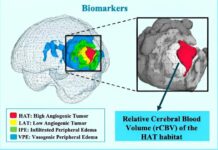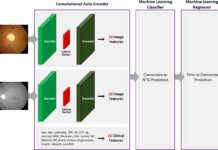AI by Amazon Alexa caters to the individual requirements of patients with dementia. The idea developed when Pearson’s father-in-law struggled to connect with and communicate with his wider family because of dementia. MindMinder uses AI for developing a personalized relationships with dementia patients. This will help provide active stimuli and reminders. Moreover, it will develop a long-term assessment dataset to monitor and inform care providers or families about the patient’s mental health.
Pearson added,
MindMinder was just a hobby of mine really which has grown legs and to get me off things like Facebook – and to try to redevelop that spare time to be more productive and exercise a few brain cells along the way.
The good and bad days vary for people with dementia. Moreover, they can also be unpredictable as well. Pearson used whatever data he could find for predictability regarding his father-in-law’s health.
He said,
I figured if you could give a day-by-day analysis of someone’s state, but also introduce links between that data and the environment and other knowledge about their lifestyle; it might be able to inform a wider understanding of dementia in a research setting as well.
The aim behind the development is to stimulate the mental health of people with dementia through the Alexa-based medical device. Furthermore, the solution will not be question-and-answer focused but will let people recall their own experiences.
He further added,
To move away from a clinical assessment tool to something that has a bit of banter woven into the story allows someone to be a bit more engaged with it, and they don’t find it quite as threatening, or clinical.
The aim is to have some resonance with the story and trigger thought processes.
What will the approach of the Alexa-based device be like?
According to Pearson, the approach can achieve the following three things
The first one is helping people live independently for longer in their own homes. Part of it will include things like reminders, including taking medication or a drink of water, going and doing a bit of exercise, and a reminder to put the bins out. So, from a family member’s point of view, it gives peace of mind about a relative that they can live independently for just a little bit longer.
The second thing is providing a reliable, consistent source of dementia assessment information that can be used to engage with clinical people and doing that in a way that isn’t resource dependent on clinicians or nurses and home visits and all those other things.
It will move away from needing day-to-day NHS resources to deliver assessments reliably at an individual level. The third thing I think is building on the wider context is if this can be embedded in a wider population to support in the field, the NHS or another organisation, then across a huge population of people, you can also develop a data set that you know is not unique to an individual.
Environmental factors and weather examples can help understand the triggers of dementia and improve the quality of life based on that.
Pearson’s idea started in February and is about to go through its first trial. Furthermore, he also received support from Nuffield Partnership and Ingenuity Programme. He also said that he aims to use the funding at his disposal to accelerate the market product.
I’m confident that from a deliverability point of view there are blockers at the moment so I’m quite positive about it.




